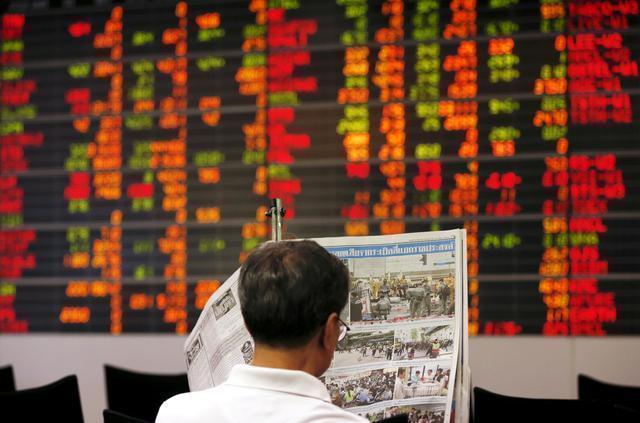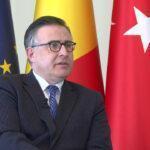The USD index, which has strengthened globally, and EUR/USD parity, which is heading below 1.00 with the expectation of a 100-basis point interest rate hike by the Federal Reserve, combined with gradually deepening negative real interest rate and Turkey’s downgraded debt rating to ‘B’ from ‘B+’ by the international credit rating agency Fitch Ratings, have significantly raised the pressure on TRY. Turkey’s CDS (credit default swap), which shows the cost of the protection of Turkey’s 5-year maturity debt against bankruptcy, has also exceeded 900 points.
While the USD index hit a 20-year high of 108.6 points, USD/TRY exceeded 17.51 last week. Thus, the USD/TRY has increased by more than 30.5% since the beginning of the year, while the surge has approached 5.0% during July. USD/TRY may reach the level that was seen in December 2021 if it remains at 17.50 for a long time, according to experts. Meanwhile, 17.50 is considered the critical point for USD/TRY in technical analyses. USD/TRY is traded at 17.46 this morning.
This week, the Central Bank’s Monetary Policy Committee (PPK) will meet to set the policy rate on Thursday. Analysts expect the interest rate to be kept unchanged at 14% considering the latest political statements and previous PPK statements. The PPK is also estimated to emphasize inflation and the liraization policy in its statement, as it did before.
On the foreign policy side, President Recep Tayyip Erdogan spoke over the phone with his French counterpart, Emmanuel Macron, to discuss the decisions taken to facilitate Ukrainian grain exports at four-way talks held in Istanbul, according to a statement from the Communications Directorate. President Erdogan said during the phone call that Turkey’s expectation about the SAMP/T long-range air defense system was to ensure the launch of the supply project and develop a joint system that included maximum cooperation within the framework of the principle of full transparency. The parties also discussed bilateral relations as well as regional issues.
President Recep Tayyip Erdogan will pay an official visit to Iran on July 18-19 at the invitation of his Iranian counterpart Ebrahim Raisi. The parties will co-chair the seventh meeting of the Turkey-Iran High-Level Cooperation Council in Tehran on July 19, according to a statement from the Presidency. Besides bilateral relations, regional and global matters will also be discussed. On the same day, Erdogan and Russian President Vladimir Putin will attend the seventh trilateral summit meeting, held in the Astana format, to be hosted by the Iranian president, the statement said. Erdogan will also hold a bilateral meeting with his Russian counterpart Vladimir Putin on the sidelines of the summit.
DAILY AGENDA
Private sector’s outstanding loans received abroad dropped by USD 5.4bn to USD 163.6bn in May, compared to the end of 2021, according to the Central Bank.
The Producer Price Index of Agricultural Products (Agriculture-PPI) jumped 148.90% in June, year-over-year, according to the Turkish Statistical Institute (TurkStat). Agriculture-PPI declined by 0.66 on a monthly basis.
The number of paid employees including the manufacturing, construction, trade-services sectors rose by 5.7% from 13.52 million to 14.29 million in May, compared to the same month last year, according to TurkStat.
IN OUR MAGAZINE THIS WEEK:
>> On the cover: Hassan Kadbi, CEO of Switzerland-based tourism innovation company Hapimag, which has its biggest facility in Bodrum, Turkey, is on our cover this week. Kadbi says Turkey can better reach its real potential in tourism by improving the working conditions of the employees. You can read the details on pages 8-9.
>> Professor Ilter Turan: It’s all just politics as usual. P. 10.
>> Q&A: Stefan Alexandru Tinca, Ambassador of Romania to Turkey. P. 11.
>> Our Chief Economist Gunduz Findikcioglu examines ‘some unpleasant arithmetic’ on pages 12-13.
>> Our Foreign Policy Columnist Zeynep Gurcanli analyses ‘the wheat issue’ on page 14.










